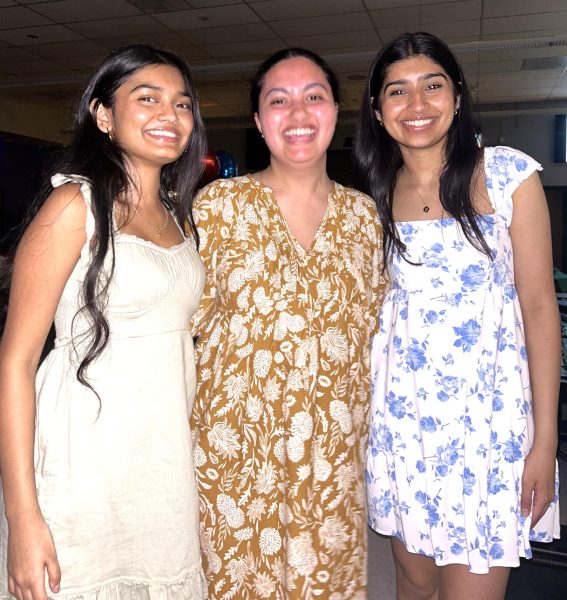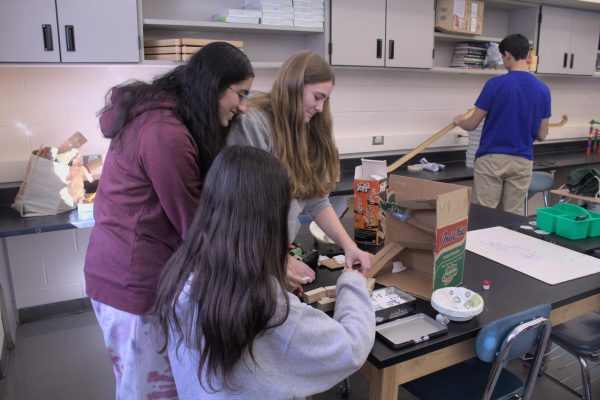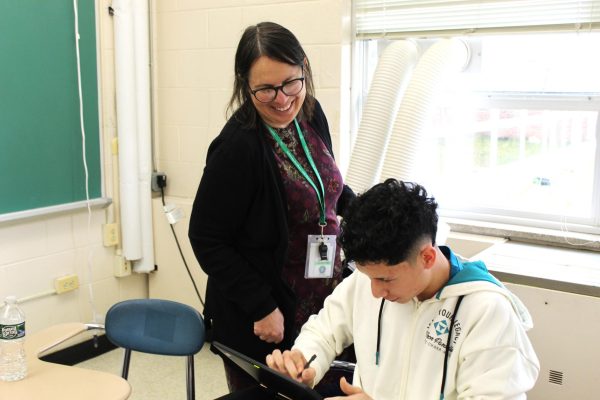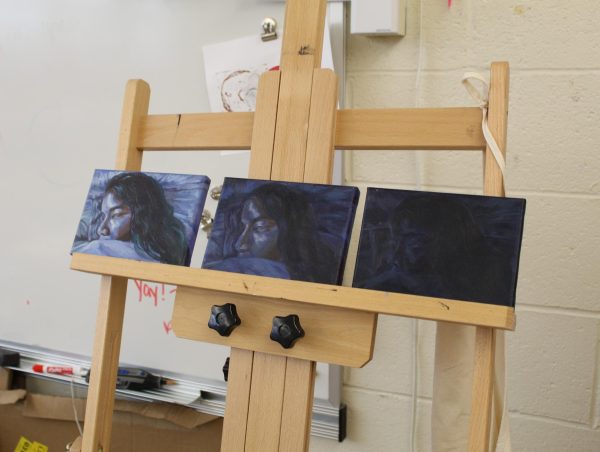Sail With the Current, Not Against It
As we meet September’s new responsibilities, sometimes we grieve the loss of Summer’s freedom. Danilo Montes reflects on this annual emotional process.
August 16, 2019
Life is a series of hellos and goodbyes. Whenever there is a meeting, a parting is sure to follow. Part of the journey is always the end.
Finality is both loved and hated by us students. We spend our school years awaiting unwinding weekends, breathe-easy breaks, and simmer-down summers; while we spend said moments hopelessly rejecting education’s impending return. We want it both ways, for the grueling tasks to quickly end but the enjoyable experiences to never end. Though we cannot control the flow of time, if we understand it, we can instead be at ease with our place in it.
Life imitates art. At first thought, we might recall childhood playtimes, where we pretended to be our favorite superhero or character from our most beloved book or movie; or possibly episodes of “The Simpsons” where certain scenarios seem to predict the future come to mind. But this concept applies to our student lives as well, including the very ending that we fear when the calendar rolls over to August; our studious lives imitate the very science that we study. But first, we must understand what art and science are, and how they are–in essence–the same.
Art is an expression. Through art, we show others what we perceive something to be, whether that is merely a person, a community, or the entire planet. Art is both how we understand our world to be shaped and what shapes the world. In the same way, science attempts to explain the unexplainable, and becomes the basis for the progression of life. Through science, we gain an understanding of the world from those who produce scientific discoveries. Scientists are artists, drawing our world on the canvas of incognizance with the brushes of their theories, the strokes of their formulas, and the paint of their observations. In this way, science is art.
Throughout our science classes, we have encountered cycles and other cyclical topics: Krebs, carbon, water, nitrogen, oxygen, torque, angular momentum. The commonality found in these processes is the absence of an end. After every stage, there is yet another that follows. It is inescapable. Our scholarly lives have imitated this inescapability. After every newly learned topic, there is a quiz; after every number of quizzes, there is a test; after every number of tests, there is a final; after every final, there is relief; after every relief, there is relish; after every relish, there is return; after every return, there is a new topic. Our lives are never-ending processes, perpetual returns to what we leave behind.
It is common to be frightened at such a fact; humans consistently worry about areas in which they lack control. But though we cannot affect this path, that does not mean we are suppressed by it. On the contrary, the consistency of our lives means that we don’t have to concern ourselves with making sure things stay the way they are, past involving ourselves in school, which we already do. We, in a way, know the future. We know that after a week of learning new material, we will be quizzed on it. We know that after at most five days of strenuous learning, we can decompress for two. We can prepare ourselves in anticipation for that which we already know is coming. We need not worry about the formula changing, so we can plan our lives accordingly. In this stage of our time on earth, our lives are more or less playing themselves out.
The sooner that we accept this uncontrollable cyclical nature of our student lives, the less time we will spend lamenting over looming back to school ideas and returning to our regimented ways. While we might be in a state of grief as school approaches ever so quickly, we can take solace in the fact that the final stage of grief is acceptance. We might deny that school is starting again, be angry with the fact that summer has gone by so quickly, bargain with our parents for extra days of freedom, and become deeply saddened by the inevitability of it all. But in the end, if we accept our lives for the way they are, we can stop wasting time struggling against the current and start using the time sailing with it.










